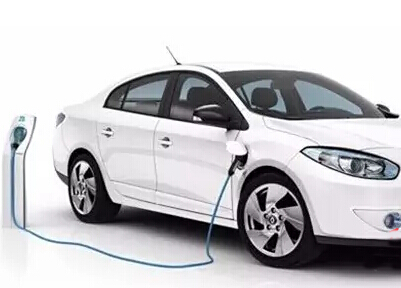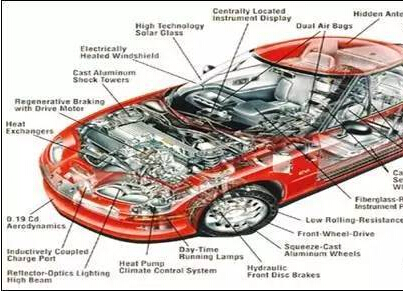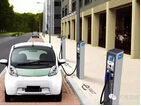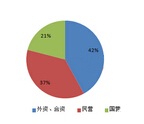Can a "drug" of policy help the new energy vehicle and power battery industry chain to break the ice and rejuvenate?
On March 31, the State Council convened an executive meeting of the State Council to determine that in order to promote automobile consumption, the policy of subsidies for new energy vehicles and the exemption from purchase taxes were extended for two years.
This means that the subsidies for new energy vehicles that should have officially ended at the end of this year will continue until 2022, and the suspension of new energy vehicle exemption from purchase tax will also be postponed from December 31, 2020 to December 31, 2022. This is undoubtedly great news for the entire industry chain.
The reality is that in 2019, China's new energy vehicle production and sales for the past ten years have shown the first negative growth. The sharp decline in subsidies and the impact of the new crown epidemic have hit the market. Since July last year, the sales of new energy vehicles have suffered eight consecutive declines. Power battery concept Listed companies showed negative growth in more than half of their net profit last year.
Policy background
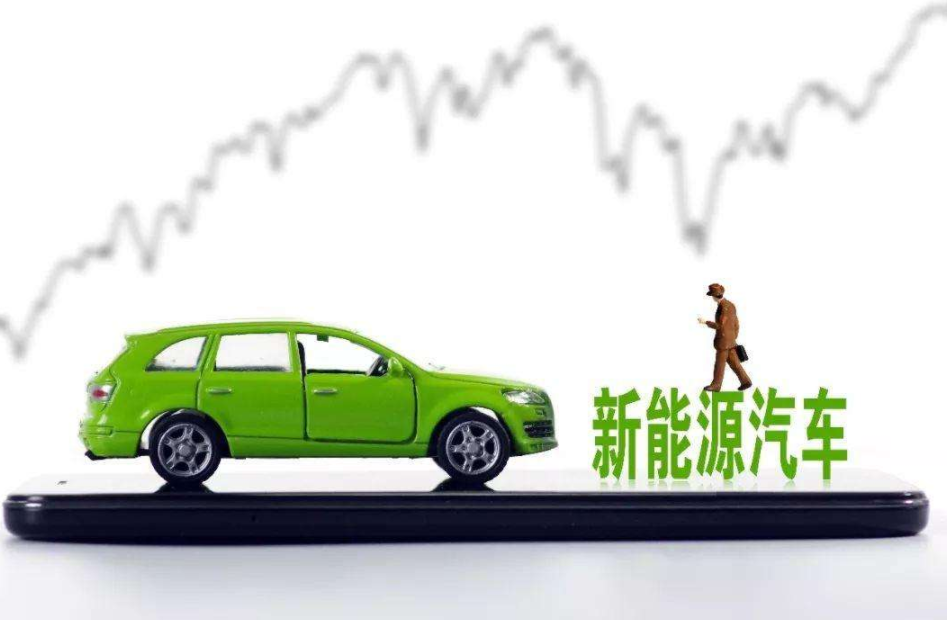
The first is the direct impact of the new crown epidemic on new energy vehicle sales. GGII statistics show that from January to February 2020, China's new energy vehicle production was about 60,500 units, a year-on-year decrease of 60.9%, and the installed capacity of power batteries was about 2.9GWh, a year-on-year decrease of 59.7%.
In addition, the overall production and sales of China's auto market has been declining for two consecutive years, and many traditional fuel car companies and new power car manufacturers have experienced operational crises, including employee arrears, large-scale exodus of executives, equity pledges, and default on liabilities.
The second is the sense of competition urgency created by European radical subsidy policies. European countries including Germany, France, Sweden, Belgium, Ireland, Spain, Italy, etc. have proposed huge tax incentives and subsidies for new energy vehicles to varying degrees.
From January to February 2020, the sales of new energy vehicles in Europe soared to 144 thousand, largely thanks to the huge and huge subsidies. And this increase has also formed a strong contrast with the sluggish domestic slump.
Third, as a national strategy, new energy vehicles are the only way for China to achieve an energy-rich country. After ten years of policy support, China currently sits in the world's largest new energy vehicle market. Naturally, its leading competitive advantage will not be easily compromised.
Fourth, the economy is down, and automobile consumption demand is weak. The automobile industry is a pillar industry in China, accounting for nearly 10% of GDP. The industrial chain has a strong pulling force. As part of the automotive industry, new energy vehicles will continue to decline in the face of falling oil prices, economic downturns and lowering prices of fuel vehicles. Retreating subsidies will help stabilize consumer confidence and restore industry sales growth. effect.
















 RCCN WeChat QrCode
RCCN WeChat QrCode Mobile WebSite
Mobile WebSite

